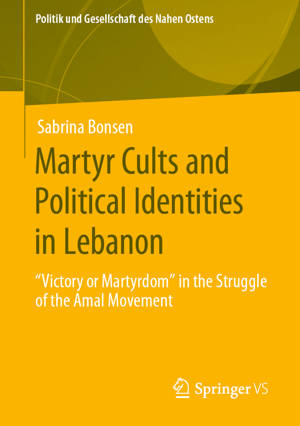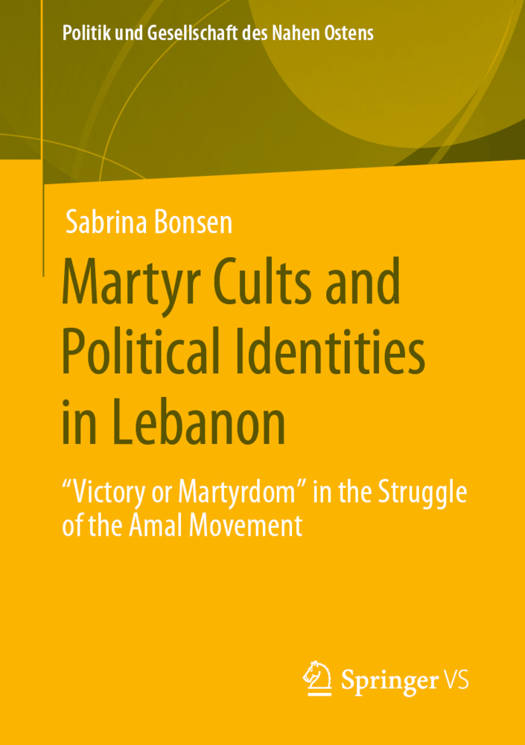
- Retrait gratuit dans votre magasin Club
- 7.000.000 titres dans notre catalogue
- Payer en toute sécurité
- Toujours un magasin près de chez vous
- Retrait gratuit dans votre magasin Club
- 7.000.0000 titres dans notre catalogue
- Payer en toute sécurité
- Toujours un magasin près de chez vous
Martyr Cults and Political Identities in Lebanon
Victory or Martyrdom in the Struggle of the Amal Movement
Sabrina BonsenDescription
Sabrina Bonsen sheds light on political cults of martyrs in Lebanon and reconsiders the context of their emergence, development and distinct characteristics since 1920. She examines how the honouring of martyrs became an established practice in Lebanese politics and is crucial to grasp the logic of violence and conflict. Drawing on the case of the Amal movement, the author analyses central narratives to the group's discourse and practices concerning martyrdom to show how identity construction and strategies of legitimizing power are intertwined. Moreover, the book provides insides into political competition strategies, especially in regards to the two major Shiʿite political actors, Amal and Hizbullah, and takes a new look on martyrdom by going beyond cultural-religious explanations.
Spécifications
Parties prenantes
- Auteur(s) :
- Editeur:
Contenu
- Nombre de pages :
- 367
- Langue:
- Anglais
- Collection :
Caractéristiques
- EAN:
- 9783658280970
- Date de parution :
- 01-11-19
- Format:
- Livre broché
- Format numérique:
- Trade paperback (VS)
- Dimensions :
- 148 mm x 210 mm
- Poids :
- 467 g

Les avis
Nous publions uniquement les avis qui respectent les conditions requises. Consultez nos conditions pour les avis.






